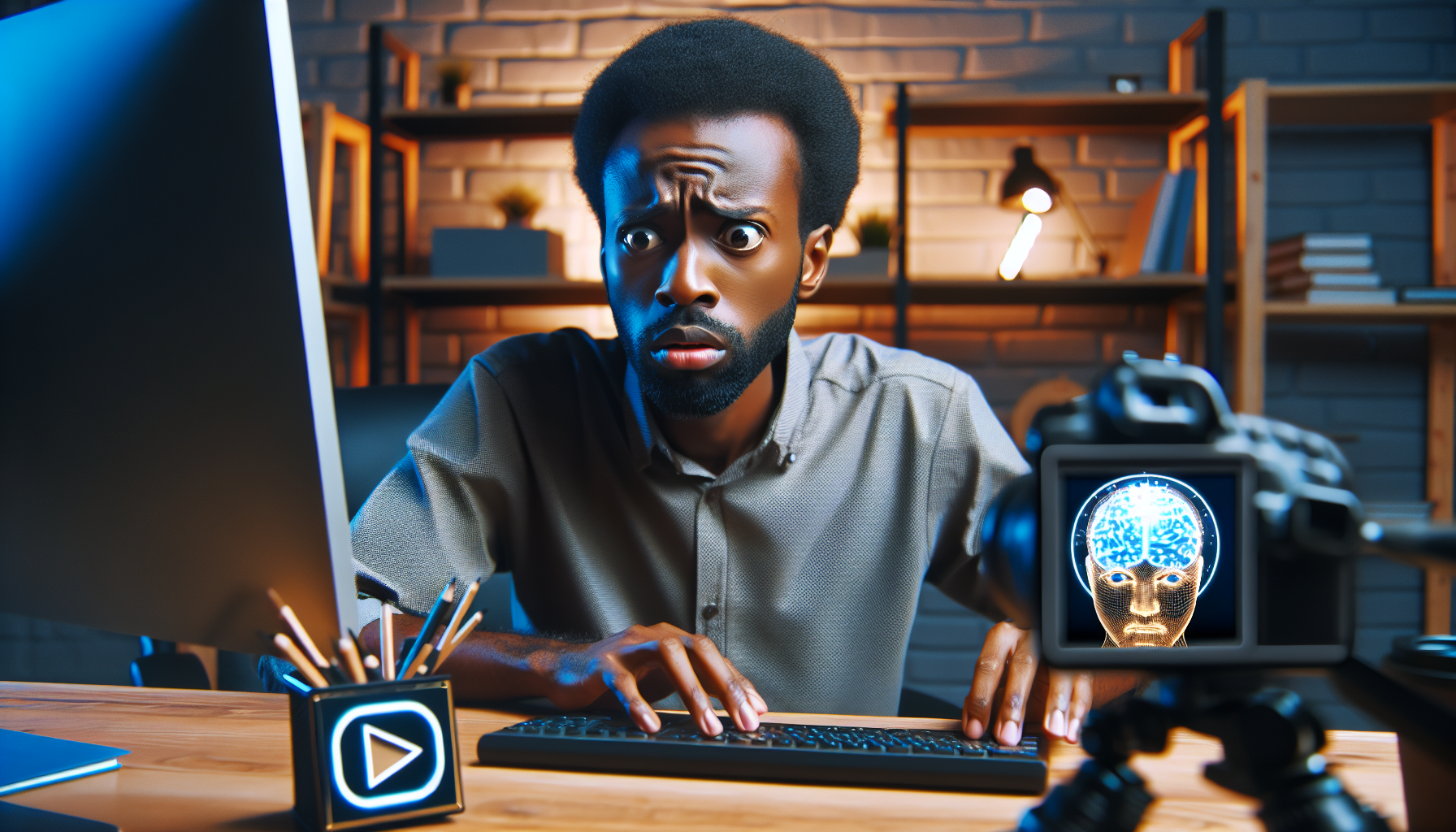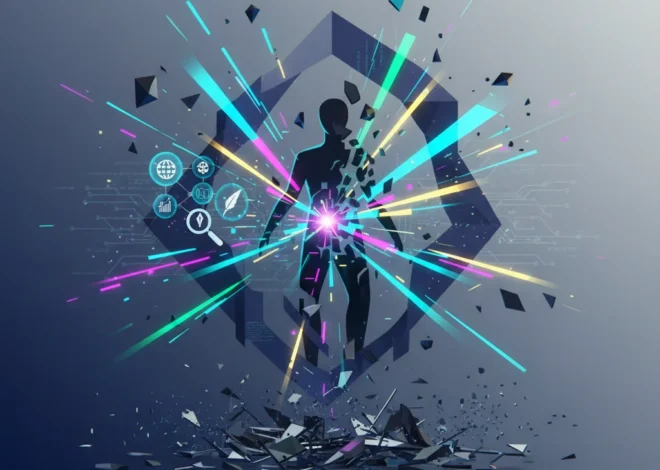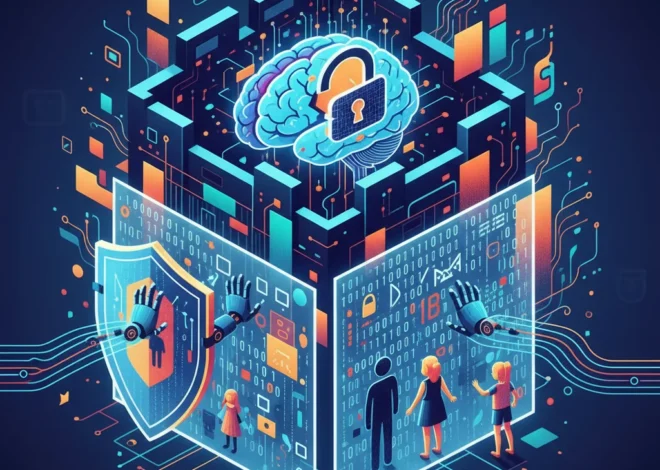
MrBeast Says AI is ‘Scary’ for Creators. Is He Right, or is This the Biggest Opportunity Yet?
When the world’s biggest YouTube star—a man who has practically reverse-engineered viral content—says he’s worried about the future, it’s probably a good idea to listen. Jimmy Donaldson, better known as MrBeast, recently voiced his concerns about the rise of artificial intelligence in content creation, calling it “scary times” for the millions of people who make a living online.
His fear is straightforward: What happens when AI can generate videos that are indistinguishable from, or even better than, those made by humans? It’s a question that cuts to the heart of the creator economy and sends a ripple of anxiety through anyone whose career is built on creativity, from graphic designers to filmmakers.
But is this an impending apocalypse for creators, or is it the dawn of a new era of unprecedented innovation? Let’s break down the fear, the reality, and the massive opportunity that lies within this technological shift.
The Tsunami on the Horizon: Why MrBeast is Worried
MrBeast’s concern isn’t just sci-fi speculation. We’re already seeing the first waves of this tsunami. Tools like OpenAI’s Sora, which can generate stunningly realistic video clips from a simple text prompt, have shown us a glimpse of the future. The pace of progress in machine learning is exponential. What takes a team of animators weeks to create today might be generated by an AI in minutes tomorrow.
This raises a few critical threats that have creators like MrBeast on edge:
- The Content Deluge: Human creators are limited by time, energy, and resources. An AI is not. Imagine a thousand AI-powered channels, each pumping out dozens of high-quality videos a day, tailored to every niche imaginable. The sheer volume of content could drown out human creators, making it nearly impossible to get noticed. This is automation on a scale we’ve never seen before.
- The Devaluation of Skill: For decades, a creator’s value was tied to their technical skill—cinematography, editing, sound design, motion graphics. When AI can perform these tasks flawlessly with a single command, what happens to the value of that hard-won expertise? The barrier to entry for high-production content will plummet, potentially commoditizing skills that were once a significant differentiator.
- The Authenticity Crisis: If an AI can perfectly replicate a person’s voice, face, and mannerisms, how do we know who or what we’re watching? The potential for deepfakes, misinformation, and identity theft creates a massive cybersecurity challenge. Trust, the currency of the creator economy, could be fundamentally eroded.
Flipping the Script: AI as a Co-Pilot, Not a Competitor
While the fears are valid, they only tell one side of the story. For every threat AI poses, it presents an equal, if not greater, opportunity. The smartest creators, developers, and startups won’t see AI as a replacement; they’ll see it as the ultimate creative partner.
Think of it less like a rival and more like a super-powered intern, an editor, a data analyst, and a brainstormer all rolled into one. Here’s how this new paradigm could look:
1. Hyper-Efficient Production
The tedious, time-consuming parts of creation are ripe for automation. Imagine a workflow where a creator films raw footage, and an AI-powered software suite does the rest:
- Automatically cuts out dead air, mistakes, and filler words.
- Generates multiple edits optimized for different platforms (a 10-minute YouTube cut, a 60-second TikTok, a 30-second Reel).
- Performs professional-level color grading and sound mixing.
- Generates accurate subtitles and translations in dozens of languages instantly, massively expanding a creator’s global reach.
This doesn’t replace the creator’s vision; it frees them from the grunt work to focus on what truly matters: ideas, storytelling, and connecting with their audience. Many of these tools will be delivered as SaaS (Software as a Service) products, running on the cloud and accessible to anyone with an internet connection.
2. The Birth of the Solo Blockbuster
High-end productions currently require massive teams and budgets. Artificial intelligence can democratize this. A single creator could soon be able to generate epic sci-fi landscapes, complex visual effects, or entire animated sequences without a Hollywood studio. This empowers individual storytellers and small startups to compete on a level playing field, fostering


